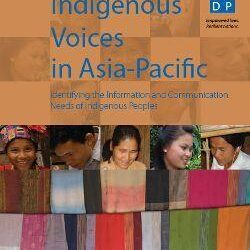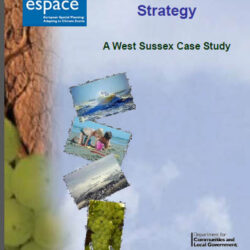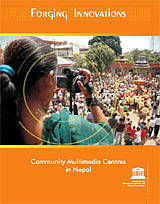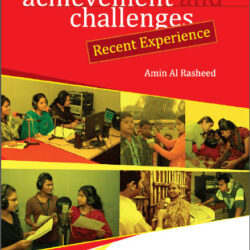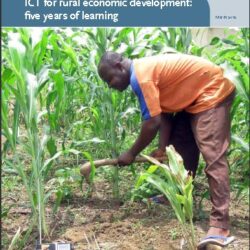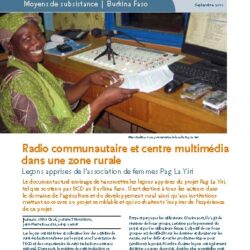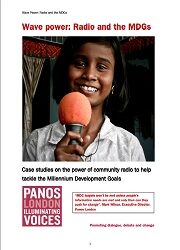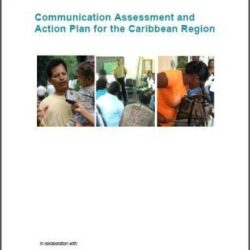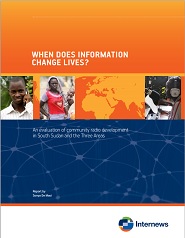Making Waves: Stories of Participatory Communication for Social Change
[2001] This is a collection of stories where participatory communication has led to social change, ranging from bush radios to street theatre and local telecentres. The book forms part of the Rockefeller Foundation’s Communication for Social Change initiative. The 50 case studies show how people living in poor communities across the world can potentially seize control of their own life stories and begin to change their marginal and unjust circumstances.


